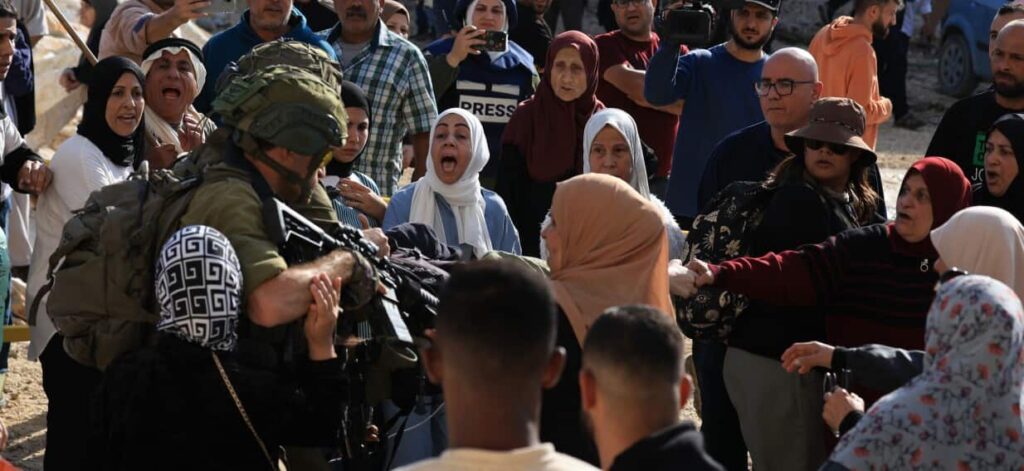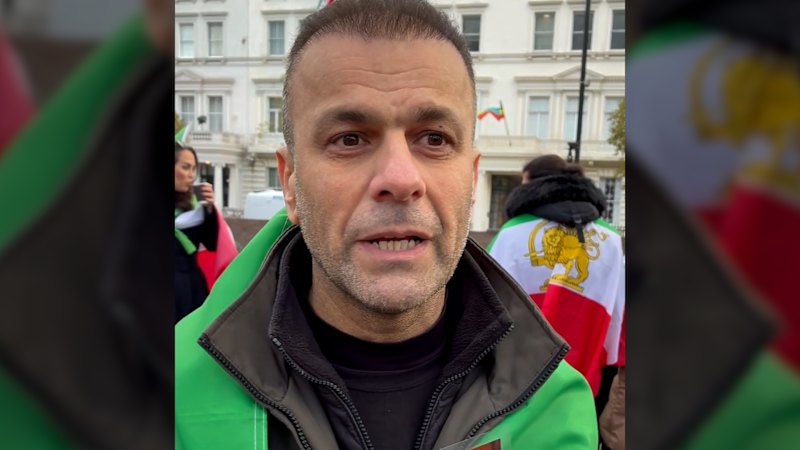
Israeli forces have been accused of committing war crimes in the occupied West Bank, according to a new report from Human Rights Watch (HRW). The investigation highlights the case of Rahaf al-Ashqar, a 21-year-old woman who was killed when an explosive device detonated at the entrance of her family home in a refugee camp. Her father, Abdallah al-Ashqar, recalled the chaos following the explosion as “dozens” of Israeli soldiers ransacked their home, demanding to know where weapons were stored.
The HRW report finds that Rahaf’s tragic story is emblematic of a broader pattern of forced displacement, home demolitions, and denial of return for Palestinians in the region. Between January and February 2025, Israeli forces executed Operation Iron Wall in areas such as Jenin, Tulkarem, and Nur Shams, resulting in nearly 32,000 Palestinians being displaced, a figure corroborated by the United Nations.
On February 23, Israeli Defense Minister Israel Katz defended the operation, stating it was necessary to “foil terror activity… in all refugee camps in the West Bank.” He declared that the Israel Defense Forces (IDF) would remain in the cleared camps for the foreseeable future, asserting that return would not be permitted. This approach has raised alarms among human rights advocates, who warn that the systematic prevention of return may constitute war crimes and crimes against humanity under the statutes of the International Criminal Court (ICC).
According to Omar Shakir, HRW’s Director for Israel and Palestine, the operations appear to have been conducted with deliberate intent, making them qualifying as war crimes. He stated, “This was done as part of a widespread systematic attack on the civilian population reflecting government policy.”
The report underscores that such actions violate Article 49 of the Fourth Geneva Convention, which stipulates that civilian displacement is permissible only for imperative military reasons or to protect the population, and mandates protection and accommodation for displaced persons.
A comprehensive analysis of satellite imagery and witness interviews led HRW to conclude that over 850 homes were either destroyed or severely damaged in the first six months of the year. A preliminary assessment by the United Nations Satellite Centre suggests that the number could be as high as 1,460. The destruction was reportedly supported by bulldozers, armoured vehicles, and aerial drones, leaving many residents without shelter or access to humanitarian assistance.
The IDF has justified its actions by claiming that militant groups exploit the dense urban environment of the camps. A spokesperson stated that the operation was crucial for operational effectiveness, citing instances where Hamas allegedly planted explosive devices in civilian areas.
Despite these claims, testimonies from displaced residents tell a different story. A Tulkarem resident, identified only as Leila E, recounted being ordered by an Israeli soldier to leave her home, saying, “You don’t have a house here anymore. You need to leave.”
The HRW report highlights that the scale of displacement is unprecedented, marking the largest single displacement of Palestinians since 1967. Shakir pointed out that nearly ten months after the operation, the Israeli government has not permitted any of the displaced to return to their homes.
As violence in the West Bank escalates, the report notes that since October 2023, Israeli forces have killed nearly 1,000 Palestinians, including many children, while expanding settlements and increasing administrative detention without charge. During the same period, 59 Israelis were reported killed in various incidents.
The HRW report connects the deteriorating situation in the West Bank to the ongoing focus on Gaza, suggesting that international attention has inadvertently allowed for increased Israeli military actions in the West Bank. Shakir stated, “We’re seeing attacks at a scale we haven’t seen in years and decades,” emphasizing the urgent need for global awareness of the escalating violence.
As the international community grapples with these revelations, the implications of the HRW report may prompt further discussions regarding accountability and the protection of civilians in conflict zones.







